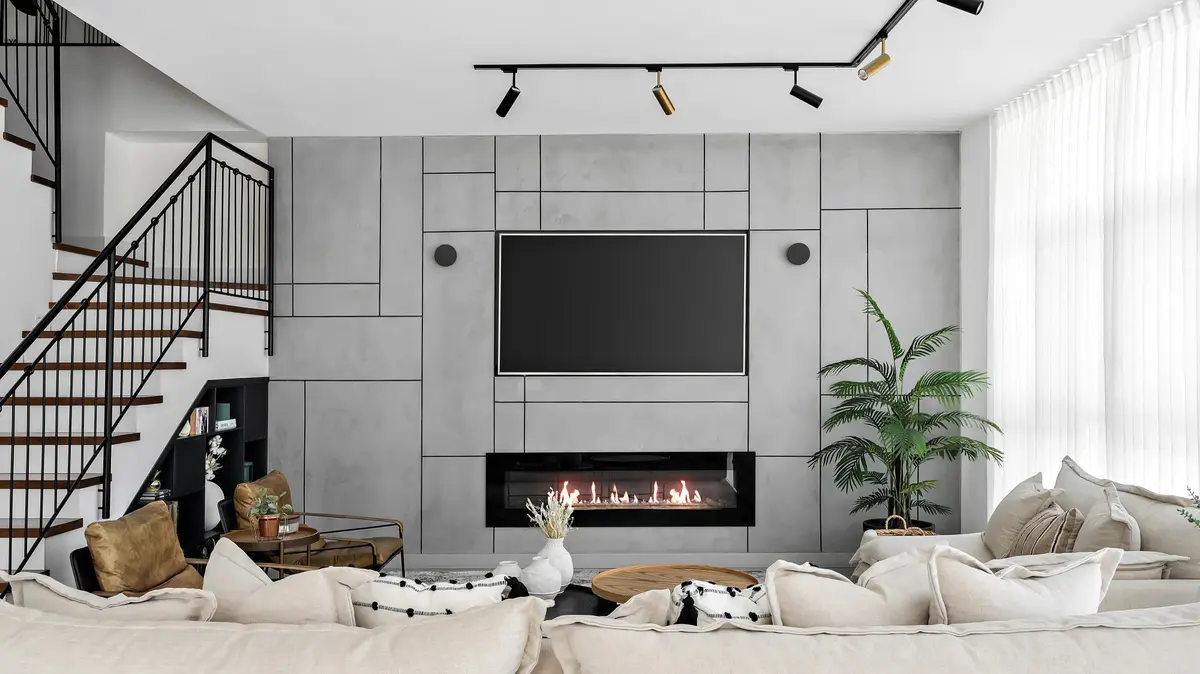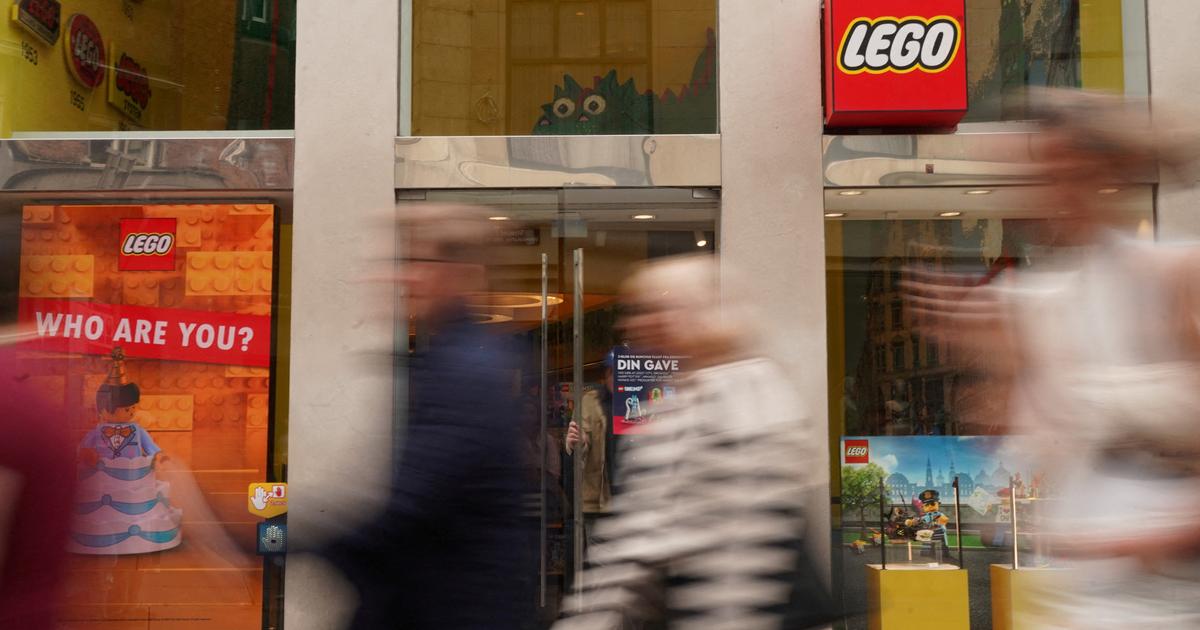With the keys to the apartment where she will be relocated and the documentation signed, Loubna breaks down in tears.
Her three children are at school and all their belongings are already loaded into a van.
After living the last five years in a little more than twenty meters, this Friday he says goodbye to his house on Calle de Peironcely, number 10, in the Vallecano neighborhood of Entrevías.
The difficult divorce, complaints and being protected by a restraining order have not been easy.
"I am happy.
I don't know how to explain it, ”he says while fighting with the television, which is reluctant to leave the wall.
The last treasure that appears behind some furniture that is not carried is a photo in which the four appear.
He bends down and pauses for a few seconds to watch her caress her before putting her in with the rest of the things.
His family is one of the first to vacate the house photographed by reporter Robert Capa in the fall of 1936 during the bombing raids on the capital.
The property has been expropriated by the City Council for 870,000 euros.
As families leave, workers immediately brick the doors and windows.
While deciding what use the building will have, keep it from being occupied.
Moving morning brings a seasonal inventory atmosphere to the portal.
There is movement of furniture, suitcases, boxes, bags.
And of memories, of memory, of history.
This is not just any rehousing.
"I am Romanian.
Well, I am not Romanian, I am gypsy ”.
Raised since she was a young girl in Andalusia, Ljubica is a whirlwind of comings and goings carrying bags.
This 36-year-old woman is for the Rubí neighbors, a nickname that facilitates the way in Spain to the name with which it appears in the documentation and that the employees of the Municipal Housing and Land Company (EMVS) cannot pronounce.
She is the first to leave Peironcely, 10, where she arrived in 2013. At 10:26 am is the exchange of keys.
Rubí collects those from her new apartment on Sierra Toledana street, while delivering her own.
"Now you can go home," says the municipal worker, checking that she has stamped her signature on the paper.
"It's a dream come true," Ljubica responds.
Video report: 'The forgotten ones of Capa: lives changed by a photo'.
NIETO / S. RUIZ / L. de VEGA
The house photographed by Robert Capa in Vallecas will become a museum about the bombings
Neighborhood epilogue in the house that Robert Capa photographed
The City Council expropriates the house that Robert Capa photographed in Madrid for 870,000 euros
Hovering around, oblivious to the bureaucracy, her two young daughters — she has another 21-year-old who no longer lives with her.
At the door of the building, Alba, nine years old, gives a protective hand to Rubí, five.
They are surrounded by everything the family takes away.
The scene occurs exactly where Capa photographed other children of a similar age during the war.
An image that is the cause that this building is going to be saved and destined for cultural use.
"Mommy, when are we leaving?", Presses the smallest nervously.
His mother strokes his head to calm down amid the chaos of bags, moments before the van arrives.
They have taken special care to box the plants so that they survive the short journey.
Many are small cacti.
"They are my favorites," clarifies Ljubica.
"Be careful, don't prick yourself," he warns one of his daughters.
"They are the greatest thing I have."
If the shortcut to go to the Romanian is Rubí, the Moroccan Loubna has ended up being Luna.
"Lunitaaaaaa!" They shouted at her in the middle of a row from the street.
The relocation catches both of them without work and living on the minimum income.
Loubna has worked as a chambermaid, a kitchen assistant, a cleaner ... But the frontier of unemployment marks her third pregnancy, five years ago.
Since then, nothing.
These are the first two moves of the 14 families that live in as many slums in Peironcely, 10. In the presence of a security guard, the noise of the concrete mixer engine starts a new phase.
In minutes, the hustle and bustle of workers, bricks and cement translates into a wall that leaves Ljubica's house inaccessible.
She, without sentimentality, is still aware of the washing machine, the packages, the cacti and her girls: "We are in a cloud."













